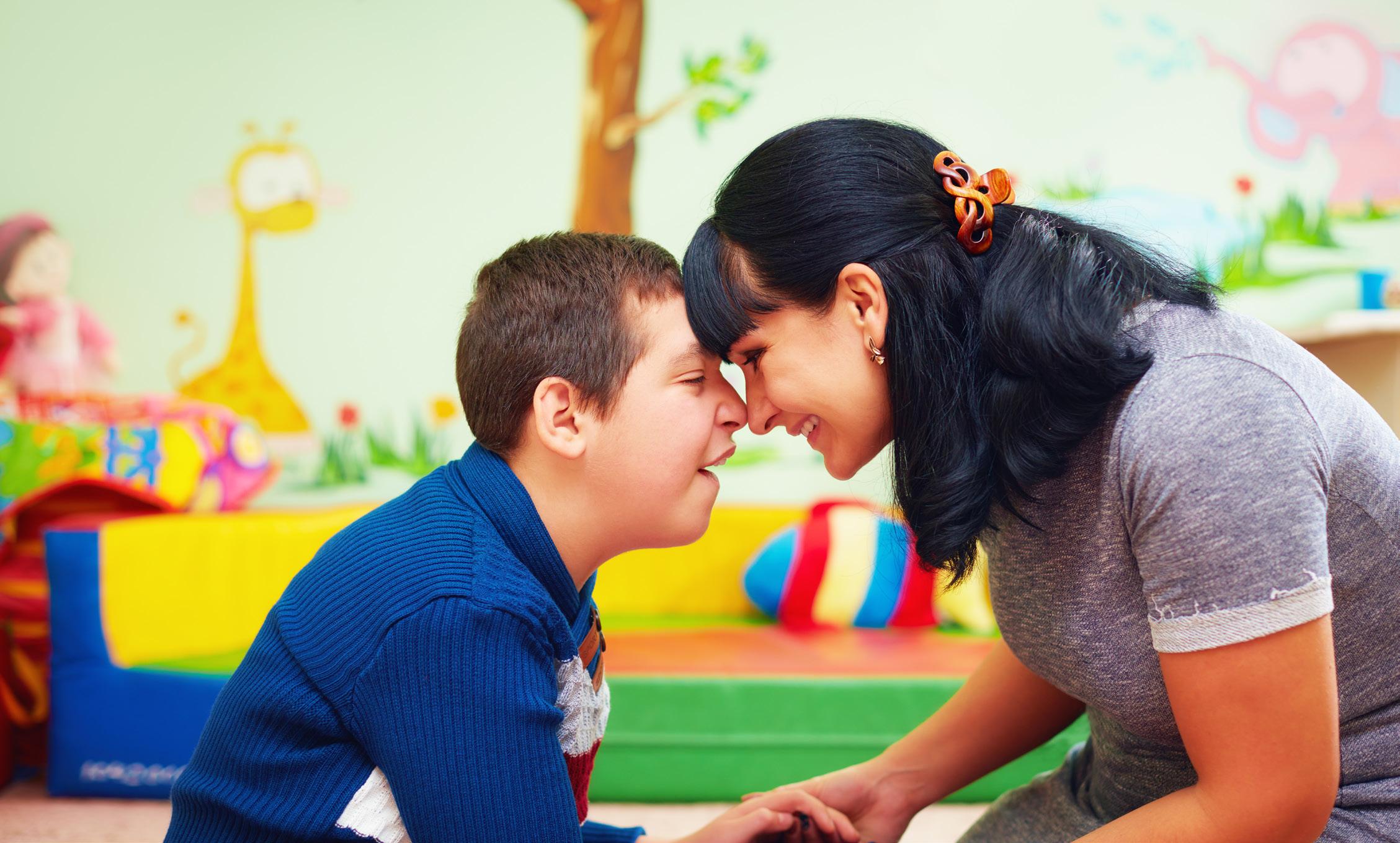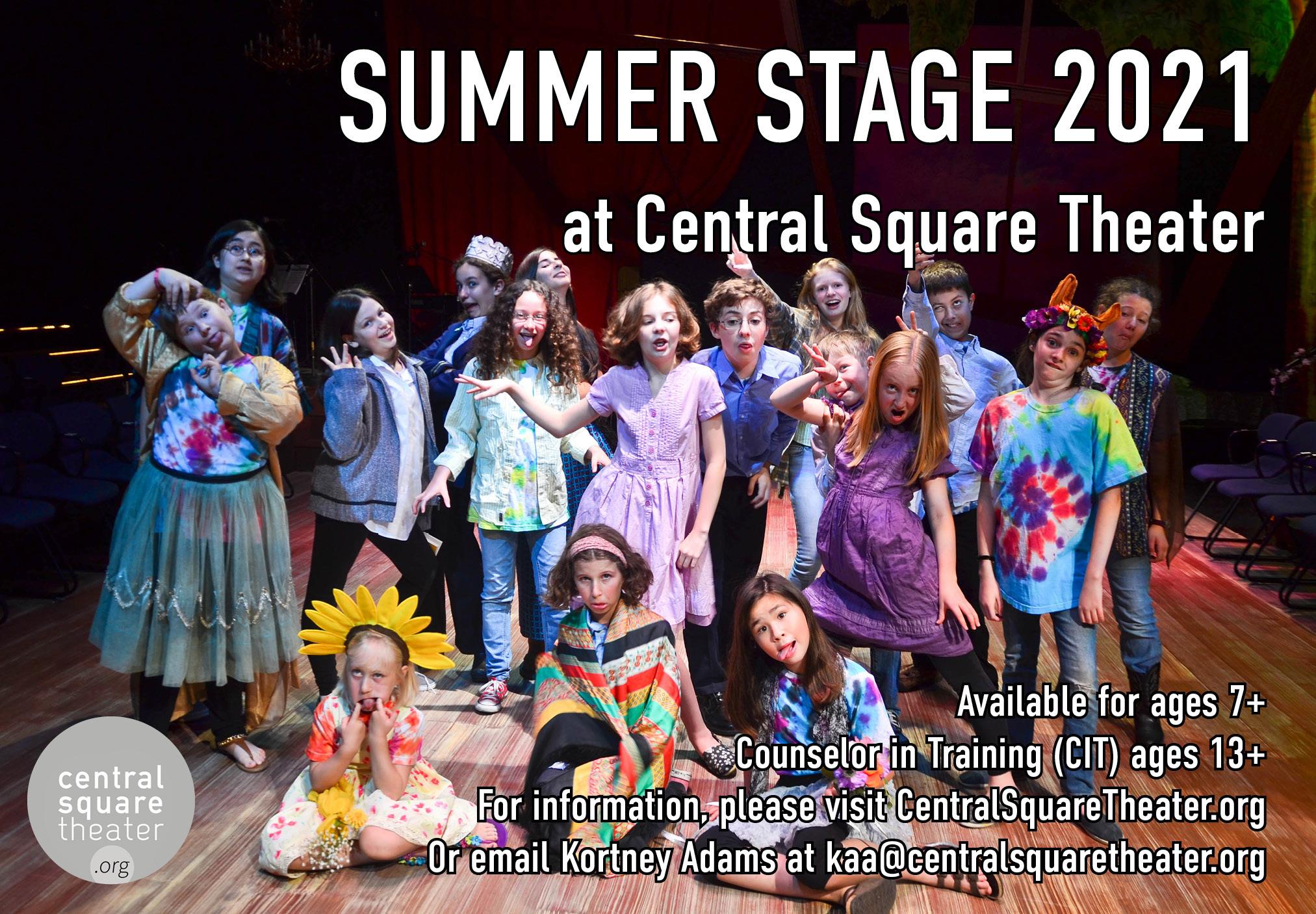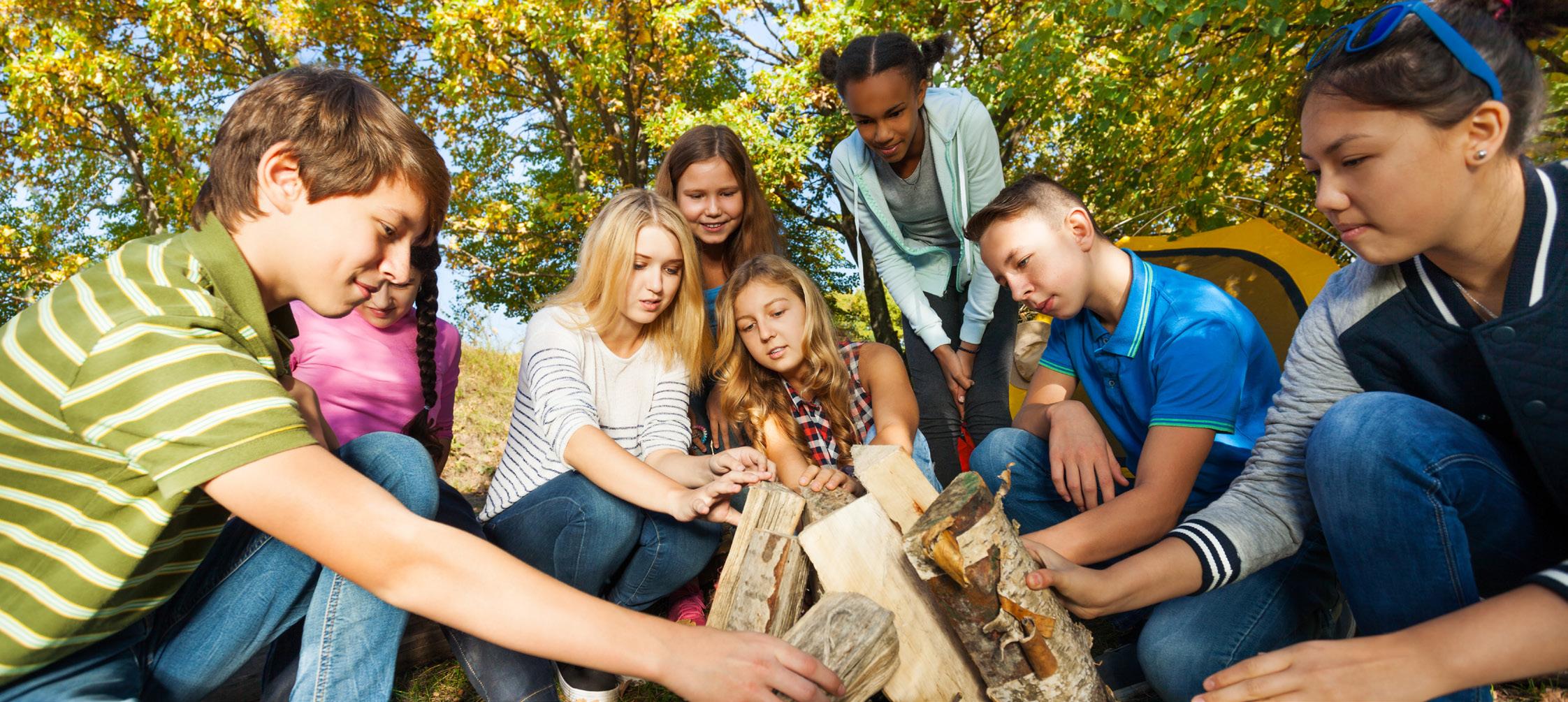By Denise Morrison Yearian
A
T AGE 6, KIM KELLY PAID HER FIRST VISIT TO A SPECIAL NEEDS RESIDENTIAL CAMP. It was an experience she and her family will never forget. Up to this point, Kim had lived a pretty sheltered life, her mother Ruth Kelly explains. “Because she has a hearing loss and an orthopedic problem, it was natural for me to want to hold her close.” By bringing Kim to camp, her mother realized two things: “My daughter needed to learn to do things on
her own, and I needed to let go a little.” For the Kellys, it was a positive experience. There’s a host of benefits children derive from attending camp, but for kids with special needs, those benefits are amplified, says Amy Van Huss, administrator and director of Club Kodiak (a program for young adults) at Camp Kodiak in Ontario, Canada, a therapeutic, residential summer camp for children and teens with and without diagnoses like Attention Deficit Disorder, Attention Deficit Hyperactivity
Disorder and Asperger Syndrome. “ Our goal is to provide all the fun of a traditional camp, but in a safe, supported setting,” Van Huss says. “Campers with special needs typically thrive in a structured, predictable environment with as few changes in schedule as possible.” Heidi Haldeen, summer program specialist for an Easter Seals Camp, agrees. “At a special needs camp, kids have the same opportunities they have at traditional camps. The only difference is the activities are modified
according to the campers’ needs. This gives them a chance to shine.” That’s what 9-yearold Tiffany Wells found as a camper. During the school year, Tiffany, who has cerebral palsy and asthma, played on a softball team and in a community bowling league; but because none of the children she played with were disabled, the competition wasn’t always equal. “Attending a special needs camp allowed Tiffany to compete on more even ground because all the other kids were playing with some kind of disabil-
Northeast Camp Guide 2021 | BostonParentsPaper.com
35













